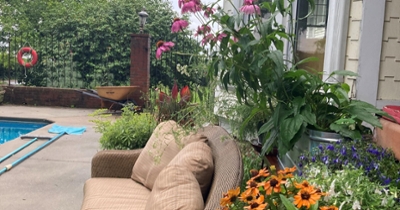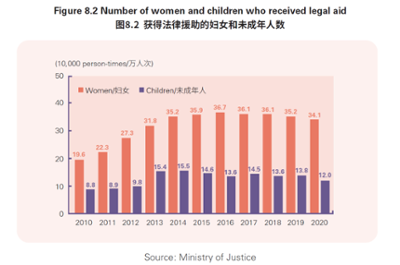Prelude

Hampton Virginia, the exotic place shown in the photo, has the charm of being located near my other obligations for this summer. There is no jetlag associated with my externship as I begin working virtually with the Beijing Legal Children’s Aid & Research Center (BCLARC). I beg everyone’s pardon at not being able to bring you insight directly from Beijing.
Working virtually, one difficulty is trying to get a sense of the organization and the context in which it operates. Before doing a single bit of background research, two things hit me about BCLARC: they work with children’s rights, and they are an NGO. Both concepts contradict my stereotyped vision of life in China.
Children
I grew up knowing that Chinese families were limited to having a single child. It is important to note this because this is the extent to which many Americans are exposed to children’s issues in China. The one-child policy was the official and enforced policy of the national government for the majority of my own life and the availability of Chinese girl babies for adoption in the U.S. was the unmistakable sign of this policy. Several of my friends have daughters of college age or beyond now because of this policy.
Before beginning this externship, I read on the changing policies of children in China. The one-child policy ended officially in 2016. While I consider that to be recent history, for many readers that will have been their entire adult lifetime. The current policy, modified in 2021, is that Chinese families can have as many as three children and the government no longer requires an application to have a child.
In writing this, I have realized that I sit in class every day with students from China who are of the right age to tell me how the policy affected their lives, because they were all born in the time when they would have been the “one child.” Are they all their parents’ only children? How do they feel about the policy change? How do they think the change affects their culture? How does it affect their view of their own future?
What are the issues and laws that affect childrens’ lives now?
An NGO
An organization not part of the government was at odds with my outsider’s vision of life in China. BCLARC was founded in 1999 as the first NGO in China concerned with children’s rights. Because it is a pathfinding organization, it has had to create its own model of how to achieve its goals. BCLARC strives to provide legal services directly to children, advocate for reform, and conduct research.
As part of my pre-externship research, I examined reports about China on legal aid to children. UNICEF published a report that summarized input from the UNICEF China Office on the China National Program for Child Development, a Chinese government initiative designed to improve aspects of childrens’ lives including legal protections. As an engineer, I can never resist looking at graphs and data. The report says that 2651 legal aid institutions operated in China in 2020, so it is unclear whether the legal aid was received from government offices or from NGOs like BCLARC.

The UNICEF report concludes with the following statements:
The protection of the rights and interests of women and children in relevant areas need to be further strengthened. To promote the high-quality development of women and children in the new era, the State Council promulgated and implemented the new NPAs for 2021-2030, and laid out targets and measures on women and children's development for the next ten years. Let's join hands for achieving the targets of the new NPAs as planned!
I am eager to discover the role that BCLARC plays in these positive outcomes and efforts.